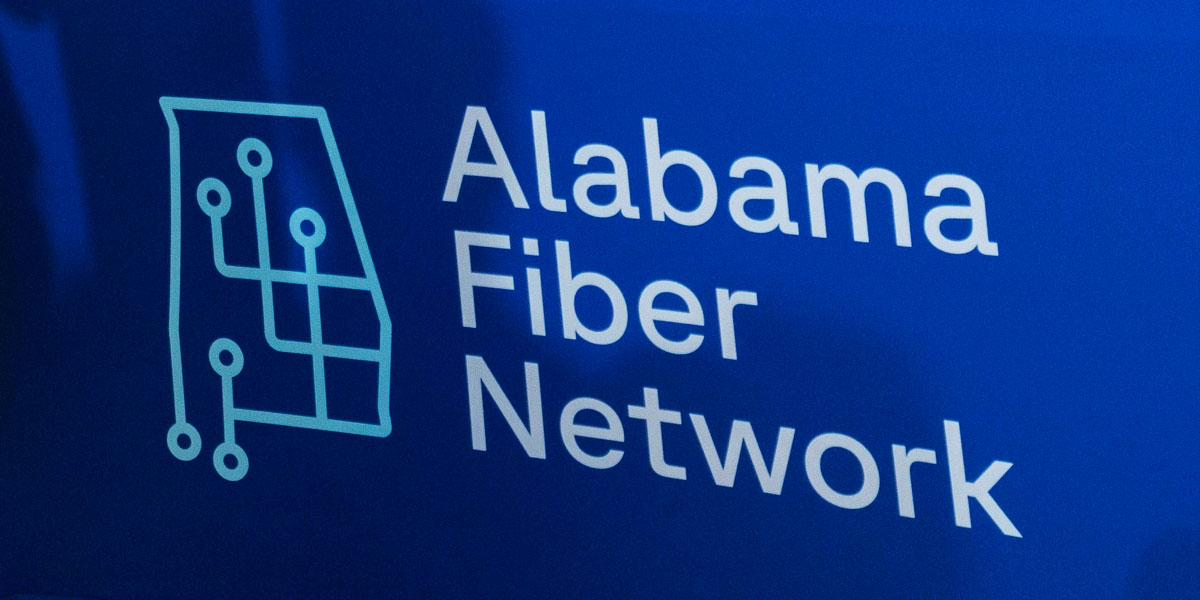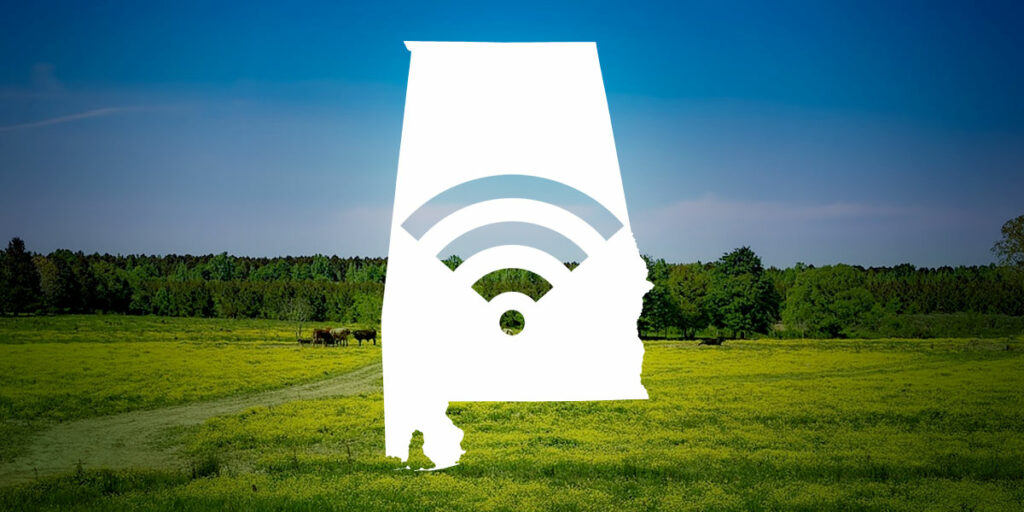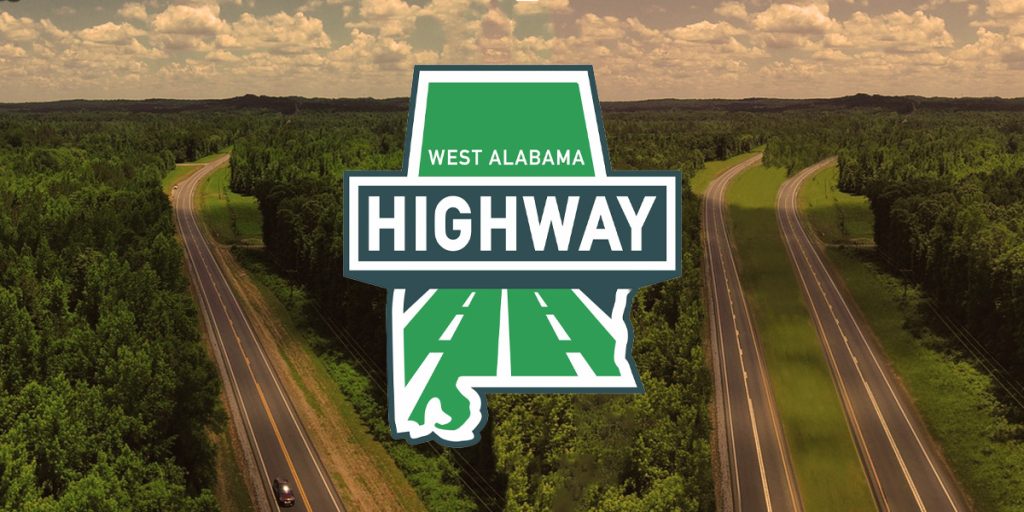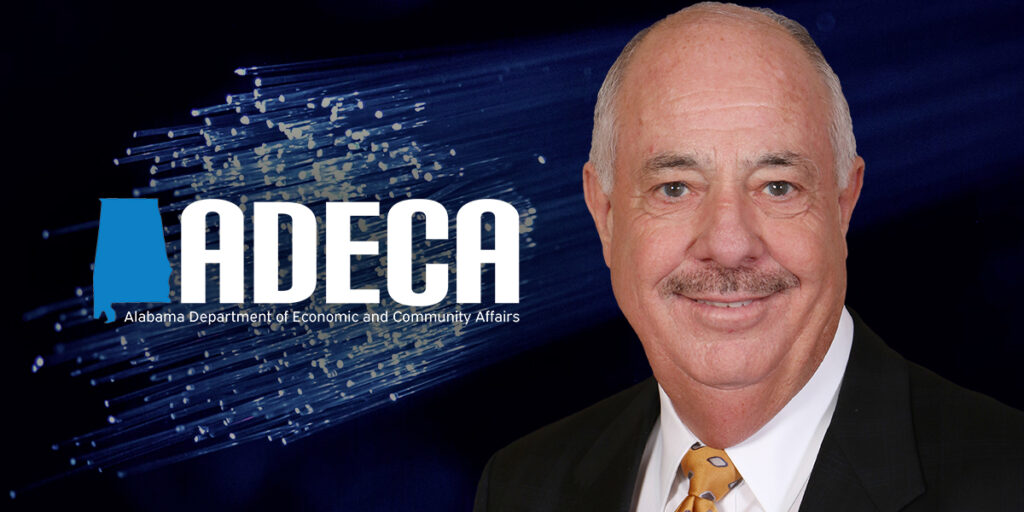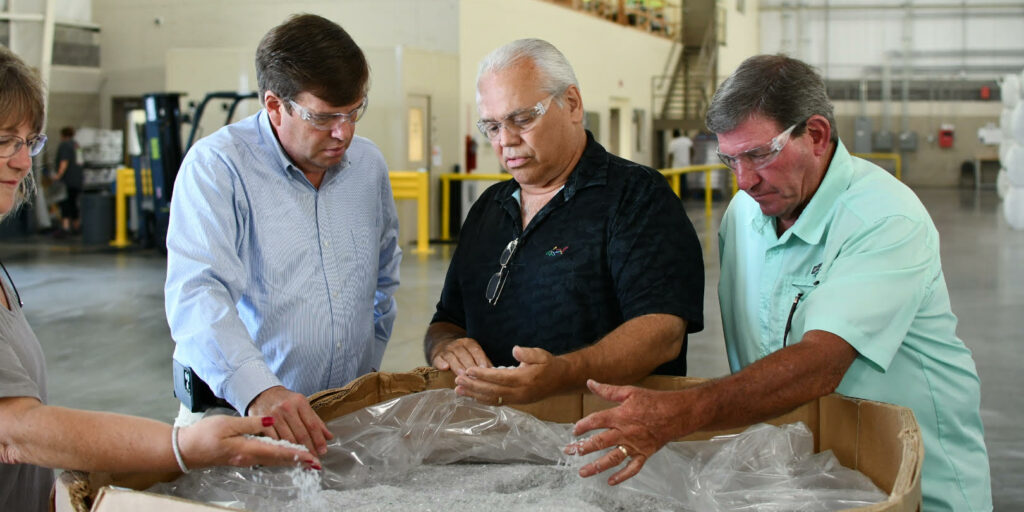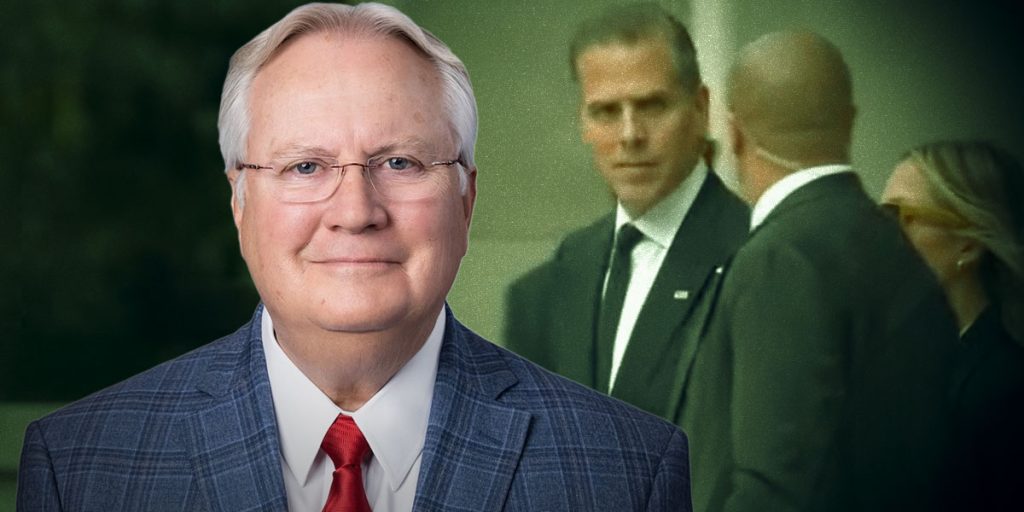Alabama stands at a historic crossroads. The digital divide is a stark reality in our state, particularly in communities across my district in the Black Belt. While urban areas enjoy the benefits of high-speed internet, many rural residents are left in the dark, unable to access the essential tools and opportunities of today’s 21st century world.
Connectivity is the gateway that opens access to education, healthcare, and economic growth. In recent years, efforts have been made to close the digital divide, with state and federal funding dedicated to ensuring reliable, high-speed broadband reaches every part of our state.
To reach this goal, Alabama Fiber Network (AFN) is leading the development of the state’s first “middle mile” network designed to reach all of Alabama’s 67 counties. Commissioned by Governor Kay Ivey with bipartisan support, this ambitious project is transforming our digital landscape, empowering our communities, and driving economic growth. Middle mile infrastructure is essential to connect fiber driven internet to “last mile” providers who will serve individual households.
The state and federal funds supporting this initiative will not be available for much longer, so it is imperative that our community leaders take full advantage of this opportunity and assist in this statewide expansion.
When deployed, AFN’s network will directly serve community anchors, including our medical facilities and educational institutions. Once the middle mile network is in place, local internet service providers will be able to connect the last mile and serve residential customers. For our communities, the combination of available speed and capacity that AFN will deliver is currently unmatched.
By extending high-speed internet access to some of Alabama’s most remote areas, we will:
- Enhance Education: Equip our students with the tools they need to succeed in the 21st-century economy, including access to online learning resources and virtual classrooms. This connectivity is key to leveling the educational playing field, making high-quality resources and online learning accessible to all.
- Revolutionize Healthcare: Enable telehealth services, allowing patients to connect with healthcare providers remotely, especially in rural areas. This vital service means quicker access to medical care and ongoing support.
- Stimulate Economic Development: Attract businesses, create jobs, and foster innovation by providing reliable, high-speed internet. AFN’s network will fuel growth and innovation, helping local companies compete on a global stage and bringing jobs and investment back to our communities.
To achieve this ambitious goal, we must unite as a community. Elected officials, like me, must continue to support policies and initiatives that prioritize rural broadband. However, the true success of this endeavor relies on the collaboration of both elected and unelected local leaders.
Local governments, school districts, and community organizations play a crucial role in carrying this project across the finish line. By working together, we can leverage resources, overcome obstacles, and accelerate the deployment of this vital infrastructure. As Alabama Fiber Network actively expands across the state, I urge you to support their effort and remove roadblocks that hinder this critical and time-sensitive mission.
The future of Alabama is bright. By investing in this statewide fiber network, Alabama is investing in our people, our communities, and our economy. With your help, we are empowering our rural communities, creating jobs, and fostering innovation. It’s time to connect the Black Belt and ensure that every resident, regardless of their location, can succeed in the digital age.
Bobby Singleton serves as the Alabama Senate Minority Leader and represents State Senate District 24.




